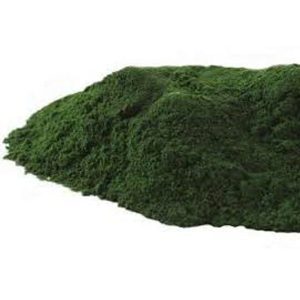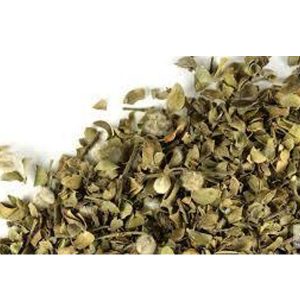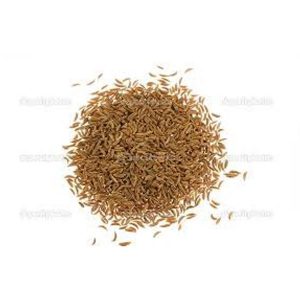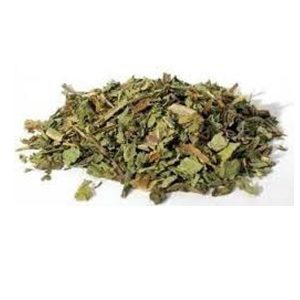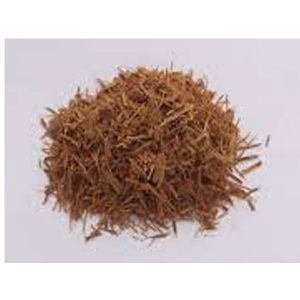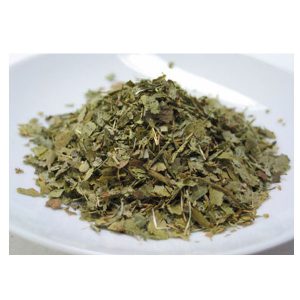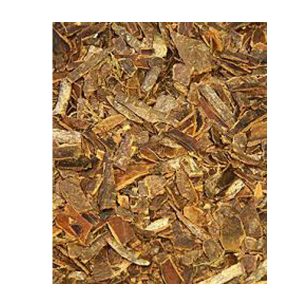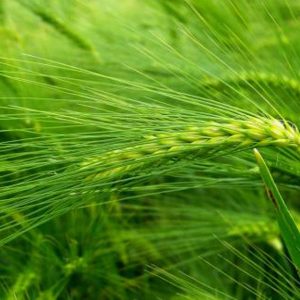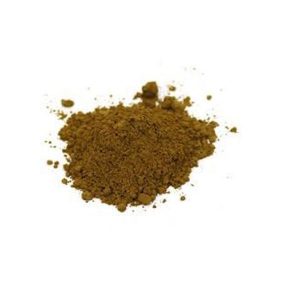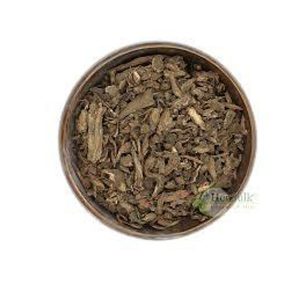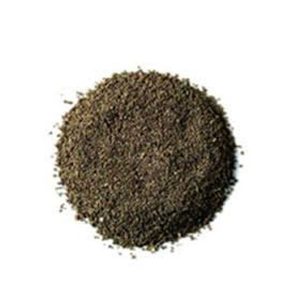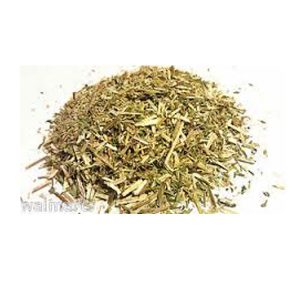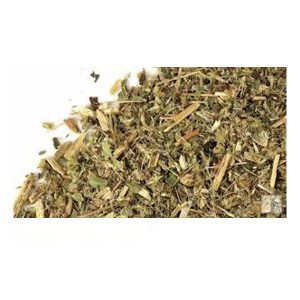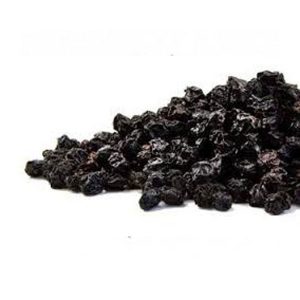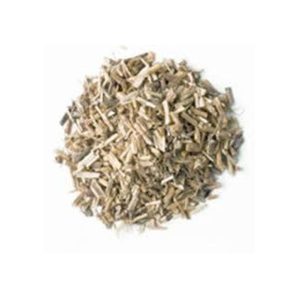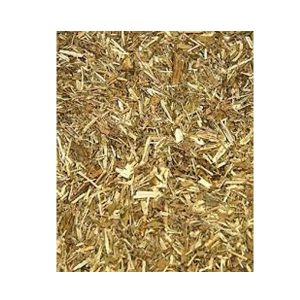
Herbs A-E
-
Chapparral – Larrea tridentata
or 4 payments from $3.48 with Afterpay
$13.90 – $52.80Chaparral is also known as creosote bush because of its taste. Do not let that put you off as this is a potent herb with a lot of punch.
It is a powerful healing herb that grows in the desert regions of the American Southwest, in quite arid condition.
-
Cats Claw – Uncaria tormentosa
or 4 payments from $2.05 with Afterpay
$8.20 – $39.95Cats Claw is a woody vine native to the Amazon rainforest and other places in South and Central America.
Ancient Peruvian medicine used Cats Claw for digestive complaints, stomach problems, cancers, arthritis and to treat wounds.
-
Barley Grass Powder – Hordeum vulgare
or 4 payments from $2.93 with Afterpay
$11.70 – $56.70Barley grass is a green superfood that has its emerald green colour showing its high levels of chlorophyll which is superior in its high levels of nutrients, enzymes and minerals.
Barley grass offers more protein than a sirloin steak, five times the amount of iron as broccoli, seven times more vitamin C than orange juice and 11 times more calcium than milk.
It is definitely in the Superfood category.
-
Epilobium – Epilobium parviflorum
or 4 payments from $3.49 with Afterpay
$13.95 – $65.20Traditional uses for this herb includes for enlarged prostate, inflammation of the prostate, gastrointestinal disorders, kidney and bladder disorders, rectal bleeding, menstrual disorders, cystitis, urinary infections, diarrhoea, mouth lesions and irritable bowel syndrome

